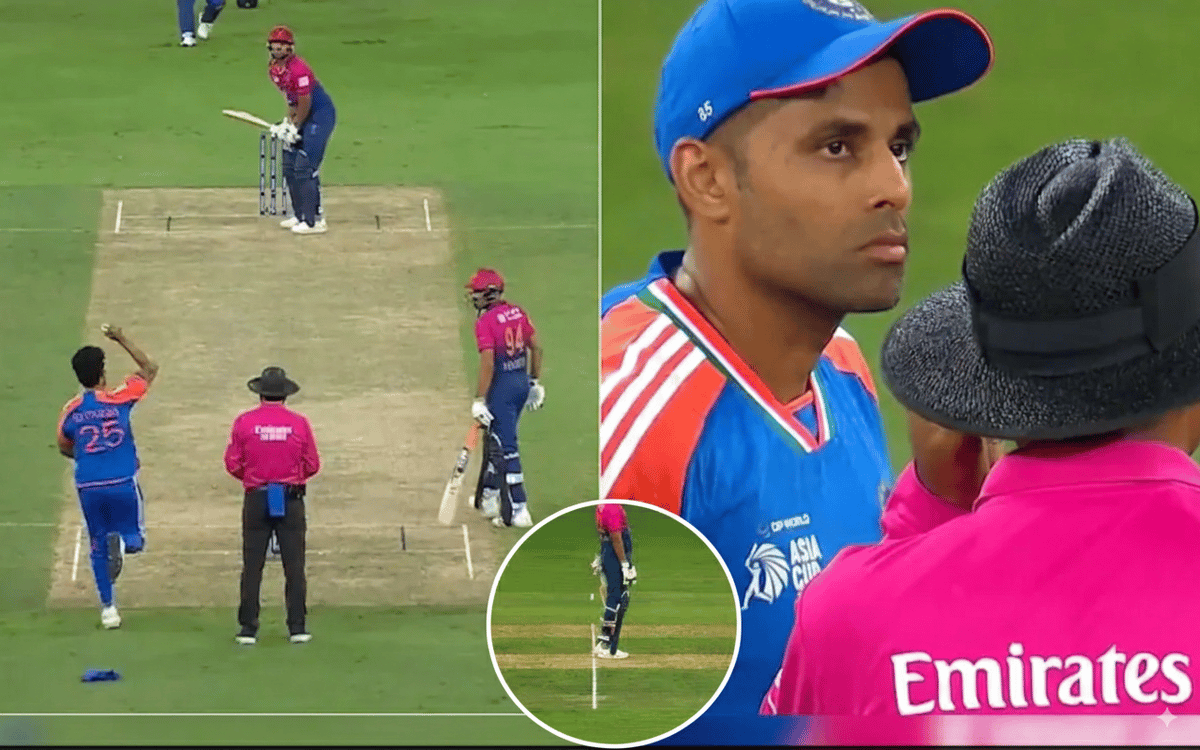Play Hard, Play Fair: Why Rahane Backed SKY’s Appeal Withdrawal

Play Hard, Play Fair: Why Ajinkya Rahane Backed Suryakumar Yadav’s Appeal Withdrawal
India’s opening win over the UAE at the Asia Cup 2025 delivered an unusual flashpoint that has since dominated the conversation far more than the 93-balls-to-spare result. In the 13th over, a towel slip from Shivam Dube’s waist led to a distraction, a run-out ruling, and then a remarkable intervention: captain Suryakumar Yadav withdrew India’s appeal to recall Junaid Siddique. Ajinkya Rahane has thrown his weight behind the decision, calling it the right blend of law and spirit. Critics, however, aren’t convinced—and argue the same courtesy wouldn’t appear in a knockout against a heavyweight. Here’s the full story, the debate, and the laws that actually apply.
What happened on the field
As Dube approached the crease, his towel slipped mid run-up. Junaid Siddique stopped and stepped out of his ground to gesture his displeasure, while Sanju Samson—alert as ever—collected the ball and broke the stumps. The third umpire ruled the batter out. In that moment, Suryakumar intervened, withdrew the appeal, and asked for Siddique to continue—arguing that the distraction originated with the fielding side. The gesture changed nothing about the outcome. UAE were dismissed for 57; India mopped up the target in 4.3 overs.
Why the gesture blew up
The controversy doesn’t live in the scorecard; it lives in the “what if.” Detractors argue that such sportsmanship is “event-specific” and that in a cliffhanger against Pakistan, the appeal would have stood. They warn that sprinkling “ethics” into dismissals risks inconsistency—teams can be accused of selective generosity when the pressure rises. Supporters counter that the fielding side’s mishap clearly distracted the striker and that correcting for that is exactly what captains are there to do.
Rahane’s take: hard cricket, fair cricket
Ajinkya Rahane sided firmly with the captain. His reasoning is clean. Siddique wasn’t stealing a run; he reacted to an unforeseen distraction not of his making. Fielders often throw at the stumps on instinct; leadership is deciding whether a dismissal is legitimate in the spirit and the letter. “Play hard, play fair” isn’t a slogan in this view—it’s an operating principle. In a one-sided contest, this looks magnanimous; in any contest, it looks like clear-headed application of the laws.
What the Laws actually say
The Laws of Cricket allow a captain to withdraw an appeal with the umpires’ consent before the next ball is in play. That’s precisely what happened. The game’s dead-ball provisions also protect the striker from distractions—noise or movement—as the batter prepares to receive. A towel dropping in the bowler’s approach is a recognized interference scenario. There are precedents too: in international cricket, clothing or equipment mishaps during the run-up have prompted immediate dead-ball calls for the same reason—fairness of delivery.
Would this happen in a tight game?
That’s the crux—and also the wrong question. The better standard is process, not opponent. If the distraction originates from the fielding side and occurs as the batter is setting up, the framework (appeal withdrawal or dead ball) exists to correct it regardless of the match state. Make the decision the same way in a group stroll or a semifinal: apply the law on distraction, then decide. Consistency lives in the method, not in replaying identical gestures under different pressures.
The real takeaway
Suryakumar Yadav acted within the laws and in the spirit to rectify a dismissal that had been shaped by his own side’s accident. Rahane’s endorsement isn’t sentiment—it’s a defense of a captain exercising judgment where the law gives him room to do so. The slippery-slope fears only come true if teams base calls on who the opponent is or what the scoreboard says. Anchor decisions to the law and the moment’s fairness, and the precedent is both firm and future-proof.